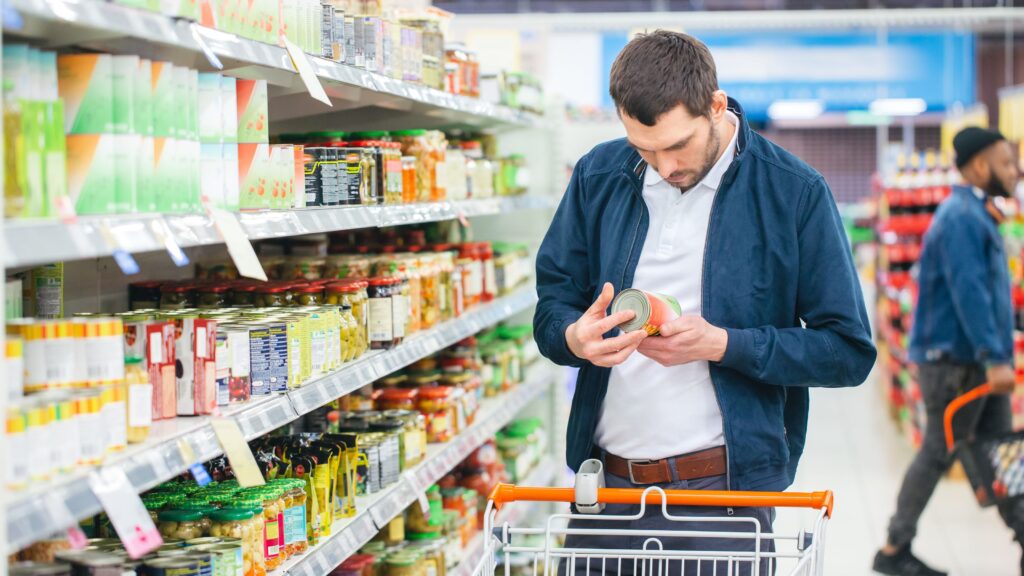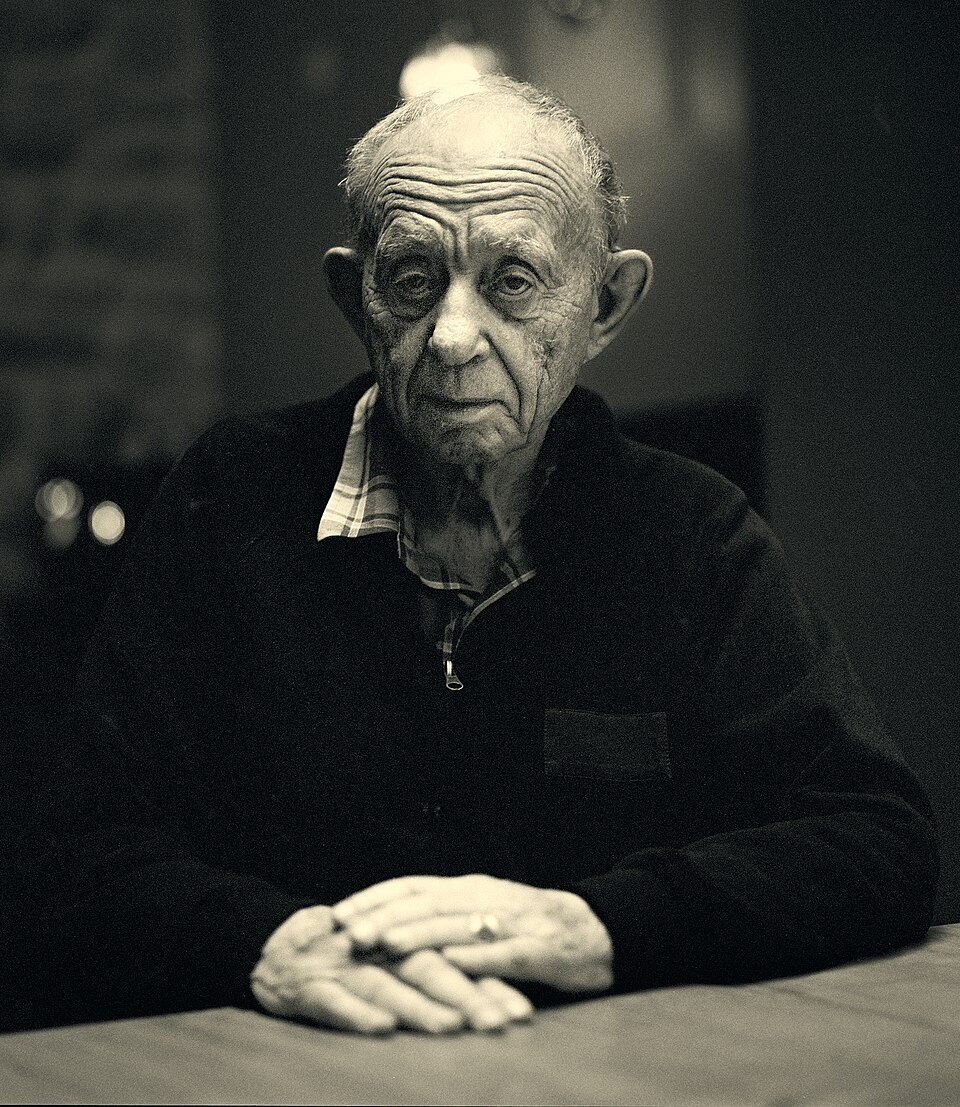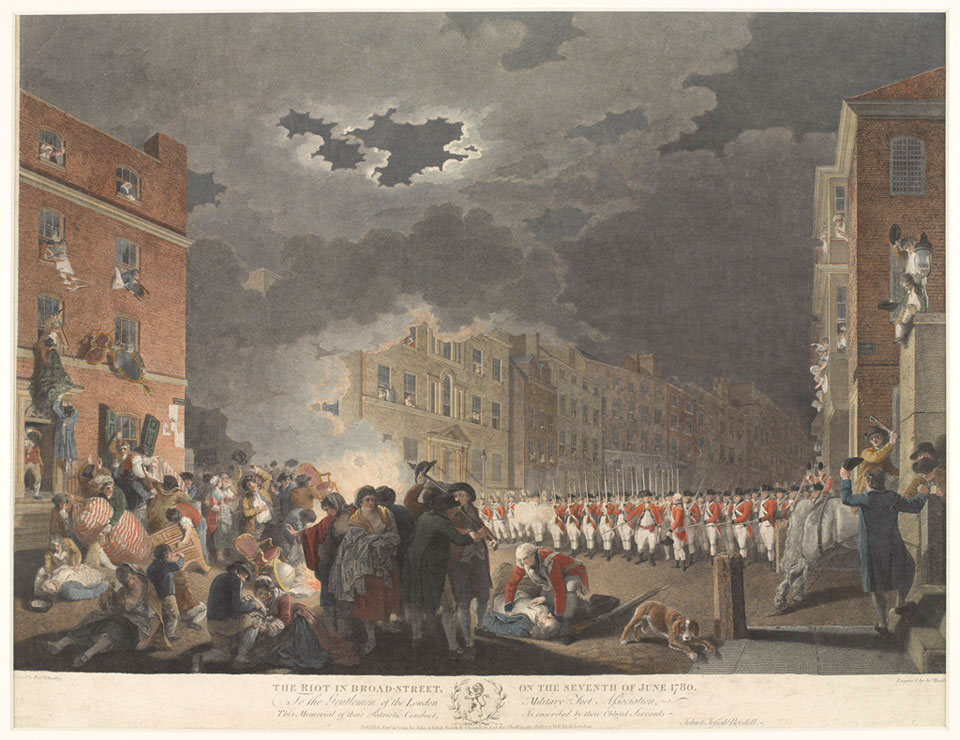The Age of Subtraction
January 16, 2025

When Stephen Sondheim flew into town to accept the St. Louis Literary Award, my friend Lana Pepper, then president of the organization bestowing the prize, planned a dinner for him. Upon learning that Sondheim only drank vodka, Lana, the quintessential host, drove all over town in a frenzy, because the only vodka in the Pepper home was not, she feared, up to par. She returned, triumphant, just in time. And after the hubbub of arrivals calmed, she looked up and saw the great lyricist pouring himself…a glass of white wine.
“I thought you liked vodka!” she exclaimed. “I bought some just for you!”
He smiled ruefully. “I used to. But at my age, I can’t handle it.”
Lana nodded, understanding. “We’re in the age of subtraction.”
A rush of commiseration followed: tucked in a quiet corner of the party, they took turns listing all the indulgences and habits they had been forced to forsake in order to stay healthy. Sondheim was so taken with Lana’s phrase “the age of subtraction” that he warned her he was “going to steal it and not give you credit!”
Alas, he died before he could do so. But every year, I feel those words’ accuracy more sharply. Me, buying lactose-free milk? My donut-loving husband, renouncing sugar? Inconceivable, a decade ago.
But set these mutterings aside, because the phrase is more than chronological. We are living, all of us, in an era of subtraction.
Kindergarteners cannot eat a PBJ. Millennials order their pizzas gluten-free. Even a few lousy glasses of wine a week have just been branded dangerous. Grocery stores are still packed with booze, gluten, lactose, sugar, fake sugars, toxic chemicals, pesticide coatings, booze, fat, trans fats, salt, nitrites, caffeine, red meat laced with hormones and antibiotics—but they also stock pricey alternatives. There are organic fruits, veg, even spaghetti sauces; antibiotic-free, BGH-free, free-range Japanese beef; stevia and monk fruit; oat, soy, coconut, and almond milk; olive-oil mayo; and specialty breads that taste like six-ply cardboard studded with nailheads. Grocery shopping has slowed to a crawl. I stand in the aisle, carts trundling past me, and read labels that might as well be Sanskrit. Thus do I manage to dodge the worst offenders—but then I must read more labels to find the cage-free eggs, the kosher meat whose animal was killed kindly, the Athletic low-carb alcohol-free beer, the cruelty-free lip balm.
Worst of all, the labels lie. My husband now has steroid-induced diabetes, so sugar is an enemy. We bought up all the sugar-free replacements for his favorite foods. Then I confirmed a queasy hunch: yep, all those fake “sugar-free” sugars have the same effect on the pancreas as sugar. Foods proudly labeled “sugar-free” usually contain sucralose, fructose, dextrose, maltodextrin, aspartame, saccharin, neotame, advantame, or acesulfame potassium….and do him no good at all.
A new hunt, for yogurts and pudding mixes and coffee syrups that use stevia or monkfruit, which at least grow in the wild and do not seem to perturb the pancreas. I go nuts looking for stevia—only to read on BBC that “many commercial stevia products are highly purified stevia extracts, and are not always as healthy as some of their ‘natural’ labels would lead you to believe. Like other sugar alternatives, it is the extraction and processing methods that change the properties of the whole leaf into something quite different.”
Seriously? Should this be so hard?
Instead of extolling attributes, today’s marketing sell is for what a product is not. I pick up a packet of sugar-free chocolate chips and read on the back that they are Peanut Free. Tree Nut Free. Sesame Free. Dairy Free. Soy Free. Egg Free. Shellfish Free. Fish Free. Fish free? Unlike my usual chocolate chips, which have a hint of sardine?
My grandfather owned a little grocery store on the edge of St. Louis’s private places; our family understood good, fresh food. But we practiced no taboos, and we subtracted nothing. Sundays after church, we warmed a Sara Lee pecan coffee cake and drenched it in extra butter. Birthdays meant Miss Hullings split-layer chocolate cakes and “Cold Duck” (stop laughing) wine, even a little for the kids. For late-night jigsaw puzzle sessions, we froze baby Cokes and Snickers bars. We ate lots of fruit and veg, eggs and dairy, but also sugar, caffeine, meat—hell, the rest of the list.
My grandmother and great-aunts lived well into their nineties. I try to imagine the expression on their fair, freckled Irish faces if they watched me organize a dinner party for friends today, some of whom are vegan, some gluten-free, some recovering alcoholics, some lactose intolerant, some upset by spice or heat. What if the stress of living this way, with long lists of stuff that can hurt us, is doing us more harm than three chocolate-filled croissants and an Irish coffee?
That question is whiny and rhetorical; I do know the dangers of what we (spottily, anxiously, resentfully) avoid. How we got here is a sad and complicated story: Big Ag’s monocropping, pesticides, and herbicides; other toxic chemicals; tech-ier food processing methods; obsessive hygiene; less time outside; relentless stress; air and water pollution; climate change lengthening pollen exposures; antibiotic overuse; junk food. Subtract your favorite villain.
The irony is hard to escape: our vaunted technological “progress” has landed us in a life filled with mundane dangers and requiring a vigilance that rivals our ancestors’ nomadic lives on the Serengeti. Sure, everything is slicker, prettier, faster, easier, and—when “unhealthy”—far tastier, packed with salt and sugar and fat because that was the best way to lure us and grab our money. Nonetheless, modern convenience has become markedly inconvenient. Just ordering coffee at a drive-through requires homework, special vocabulary, and deliberation.
Now add all the environmental ills we must avoid, complicating every food choice. How to (this is nigh impossible) subtract the plastic that is killing us. How to subtract the overpackaging that will pile landfills higher than our skyscrapers. How to find containers that will not leach endocrine disrupters in the microwave and alter our child’s puberty. How to drink safe water (no longer from the tap) that does not come in those crackly, malevolent plastic bottles. Whether we dare to bring our own ceramic mug to Starbucks. Whether to waste water rinsing stuff to recycle it when it might not even get recycled. How to cut open all the skinny bottlenecks so critters do not strangle trying to reach food residue at the landfill—which we now do even for the recycling because it will probably end up at the landfill anyway.
Oh, and sourcing: were the coffee beans in that latte fair trade? Was the dress I wore to the coffeehouse made by twelve-year-olds in a Chinese sweatshop and brought to me by Amazon workers who desperately needed a forbidden bathroom break? Will the deli meat kill us because an indifferent teenager sliced it without washing his hands; is it better to buy the stuff packaged in a factory that was out of compliance with food safety and die that way instead?
What does it mean to live like this? How does it affect our relationship to the world around us, to our food, to our bodies? Constant suspicion and negotiation and forced compromise, knowing there are risks and we might be poisoning ourselves…. Okay, I am exaggerating; I do not think this way when I reach for a snack. But do I, unconsciously? Once one is told something is toxic, carcinogenic, or destroying the planet, it is hard to cheerfully gulp it down.
We have to eat, though; we have to live. And so we muddle along, pick our poisons, make our peace with our compromises. If we are bothered enough by something’s provenance, we vow to avoid it—and our subtraction list grows longer. Even for the wealthy, life feels precarious, consumption dotted with land mines.
MAGA does not own nostalgia for a simpler time. I am not pining for a return to overt racism and misogyny, Christian monoculture, and xenophobia. But I sure would like a big, carefree slice of Sara Lee coffeecake and an unquestioned cup of coffee.
Read more by Jeannette Cooperman here.




